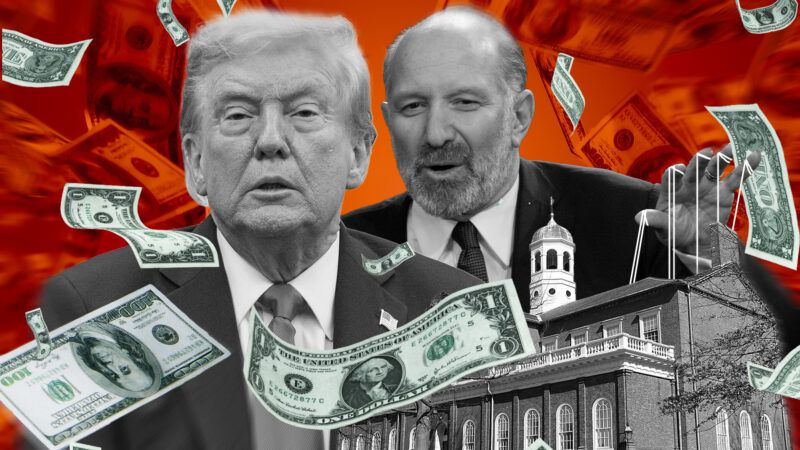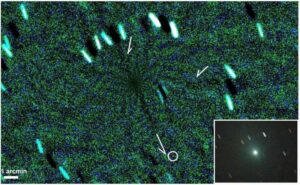
The Trump administration has taken a controversial stance regarding federal funding for universities, demanding a share of royalties generated from patents developed with government support. During a Cabinet meeting, Commerce Secretary Howard Lutnick stated, “We are going to make a deal with them all,” emphasizing the administration’s desire to ensure taxpayers benefit from their investment in higher education. This move follows the federal government’s allocation of approximately $60 billion for research and development in universities in 2023.
Lutnick’s comments come in the wake of a letter sent to Harvard University, in which he requested compliance with the Bayh-Dole Act by September 5. This act allows universities to patent technologies developed using federal funds, but it also grants the government the right to intervene if necessary. The federal government has never exercised these so-called “march-in rights,” which would enable it to take control of patents long after their development, according to Bloomberg Law.
Critics argue that invoking these rights could undermine the very purpose of the Bayh-Dole Act. Stephen Ezell, vice president for global innovation policy at the Information Technology and Innovation Foundation (ITIF), expressed concern that such actions would deter companies from engaging with universities for technology licensing. Ezell stated that if businesses perceive a high risk of losing their investments, they may be less inclined to collaborate with academic institutions.
The Bayh-Dole Act was designed to promote the commercialization of inventions resulting from federally supported research. Prior to its enactment, the government retained ownership of all inventions, which led to a mere 5 percent licensing rate out of over 28,000 inventions. Since the act’s introduction, U.S. universities have experienced a tenfold increase in patent filings, contributing significantly to the economy with over $1.9 trillion added to U.S. gross industrial output between 1996 and 2020.
Universities typically charge modest royalties for patents, often around 2 percent for life science inventions. According to Joe Allen, executive director of the Bayh-Dole Coalition, these royalties are intended to cover costs related to research and innovation, not for lavish expenditures. He noted that the act has not created additional bureaucratic burdens or costs for taxpayers over its 45-year history.
Ezell further warned that increased government involvement in licensing could introduce significant delays and administrative hurdles. Allen supported this viewpoint, revealing that a proposed royalty sharing provision was eliminated during the legislative process due to concerns about the financial implications of monitoring such agreements.
The Trump administration’s push to extract royalties from university patents raises questions about the balance between federal funding and academic freedom. The administration has previously leveraged funding to influence universities on various issues, including admissions policies and protections against antisemitism.
The Bayh-Dole Act has undeniably facilitated innovation and economic growth in the United States. However, the current administration’s insistence on claiming a portion of patent royalties highlights the complex relationship between government funding and academic independence. As universities navigate these demands, the potential implications for research and collaboration remain a focal point of concern.







